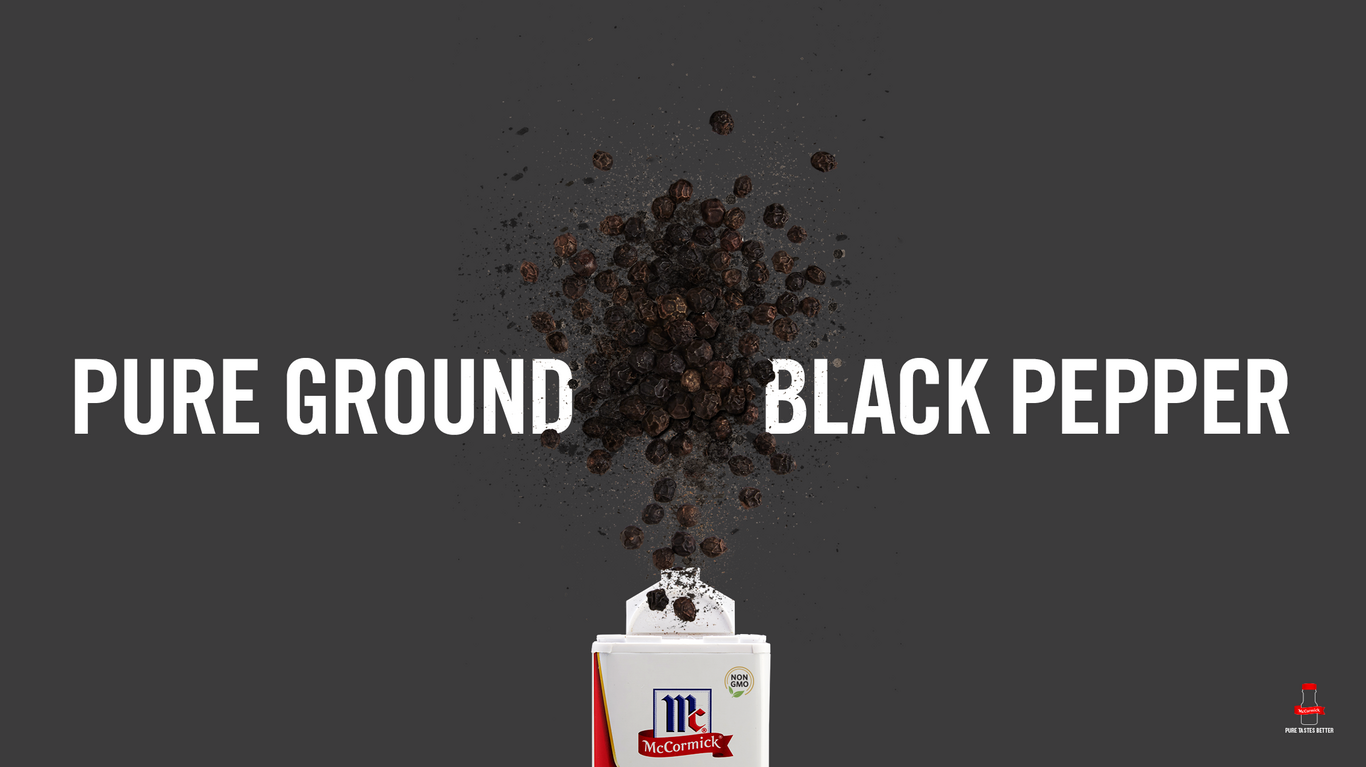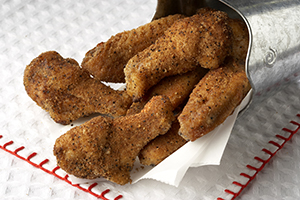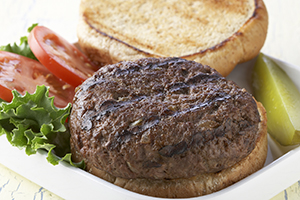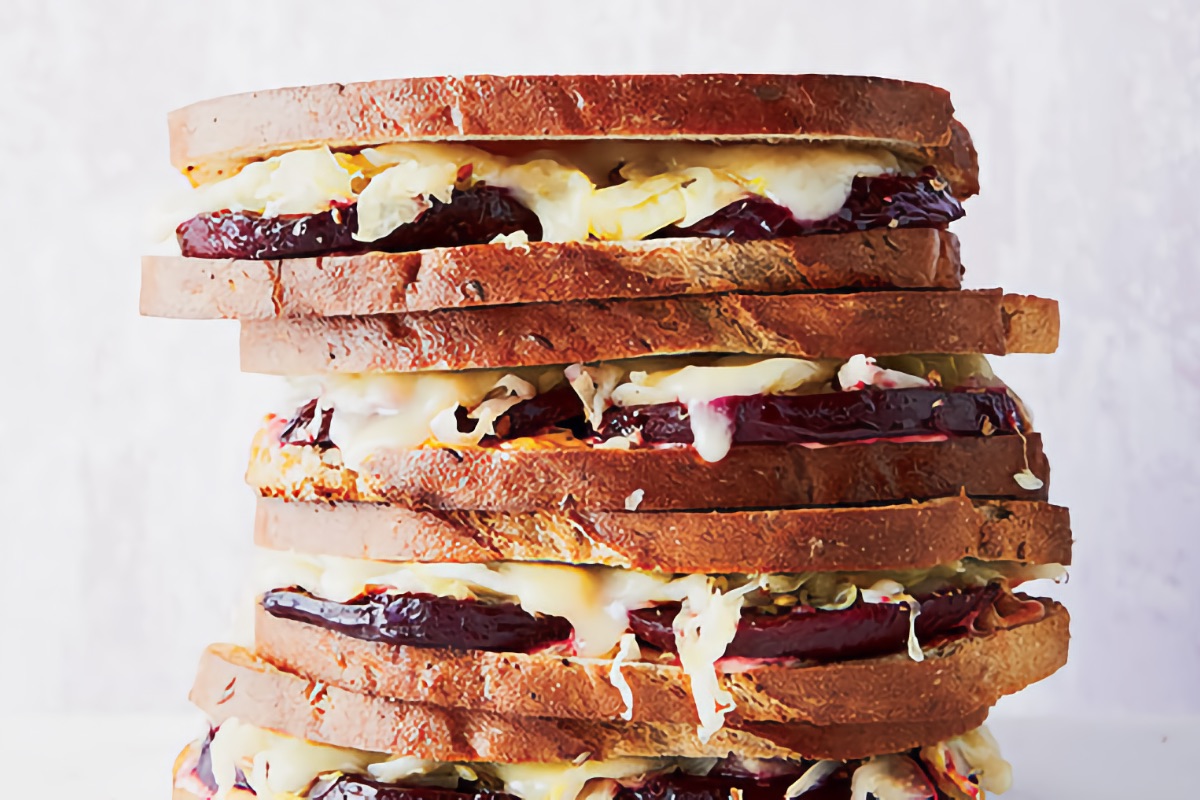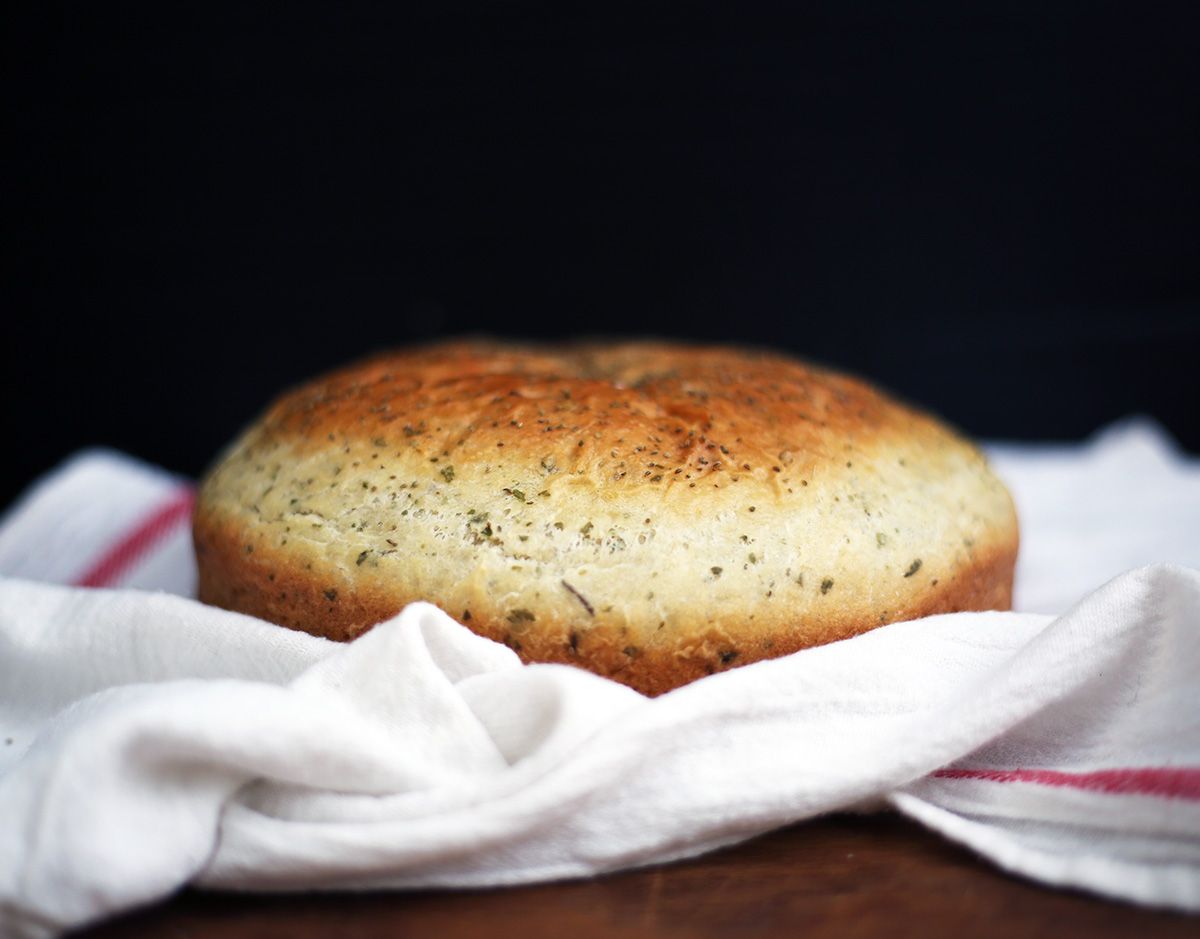Ground black pepper adds an earthy kick and sharp aroma when blended into soups and stews, sprinkled on omelets or rubbed on meat to season it before cooking. It’s an essential spice, beloved around the world, with a place of honor by the stove and on the table. Among hot spices, black pepper delivers only a fraction of the heat you get from chili peppers. That subtle bite means it plays well with many other ingredients, enhancing, but rarely overpowering other flavors. Black pepper is a must-have for bakers, too, and appears in recipes for biscuits, breads, cake and cookies. The aroma of this culinary must-have should set your nose tingling.
Creative Uses
- Pepper is a favorite seasoning the world over. But it rarely takes center stage. A few examples where it gets star billing are pepper-crusted French steak au poivre, stir-fried Chinese pepper steak and Italian chicken diavolo, or devil’s chicken.
- Indian cooks use ground black pepper to add a layer of heat to curries, rubs and marinades that also include chili pepper. Mexican cooks, too, double-down on the heat by including both chili peppers and black pepper.
- Black pepper mellows with cooking. That’s one reason why the pepper shaker on the table is so important. A dash of ground pepper, applied as each diner likes, will perk up any quick- or slow-cooked meal.
Perfect Pairings
- Black pepper’s sharpness is a perfect complement for the richness of beef. Salt and pepper alone can elevate a grilled steak, hamburger or beef stew. Blend with additional spices—rosemary, thyme, cumin, garlic—for even more flavor.
- Pepper is your ally for creating a flavorful coating for chicken tenders or pork medallions without deep frying. To make the coating, stir plenty of ground pepper, paprika and a bit of salt into flour. Dredge the meat in the flour and then pan sauté until cooked through. Kids will love them!
- Pastry chefs in fine dining restaurants include black pepper in all kinds of desserts. It’s an especially delicious surprise in chocolate sweets, from fudge brownies and chocolate layer cake to chocolate truffles.
Substitutes
Q: If I don’t have ground black pepper on hand, what makes a good substitute?
A: Any black pepper—from freshly ground peppercorns to coarse ground black pepper—will work. You may need a bit more, as these forms of pepper are not as finely ground. Taste as you go. If you have no black pepper of any kind in the pantry, you can substitute white pepper or a dash of red pepper, also called cayenne. Red pepper is chili pepper and much hotter than black or white pepper, so use a light hand.
History/Fun Facts
Did you know that black, white and green peppercorns are the same berry? They taste very different from one another, but it’s true! They all come from an evergreen vine called Piper nigrum, native to India’s Malabar Coast. Black and green peppercorns are harvested before the berries ripen. Black pepper is dried in the sun and the green berries are pickled. White peppercorns are picked when the berries are fully ripe. The outer husk is removed to reveal the grayish white berry within, which is then dried. Who knew so many seasonings could come from a single plant?
Recipes


